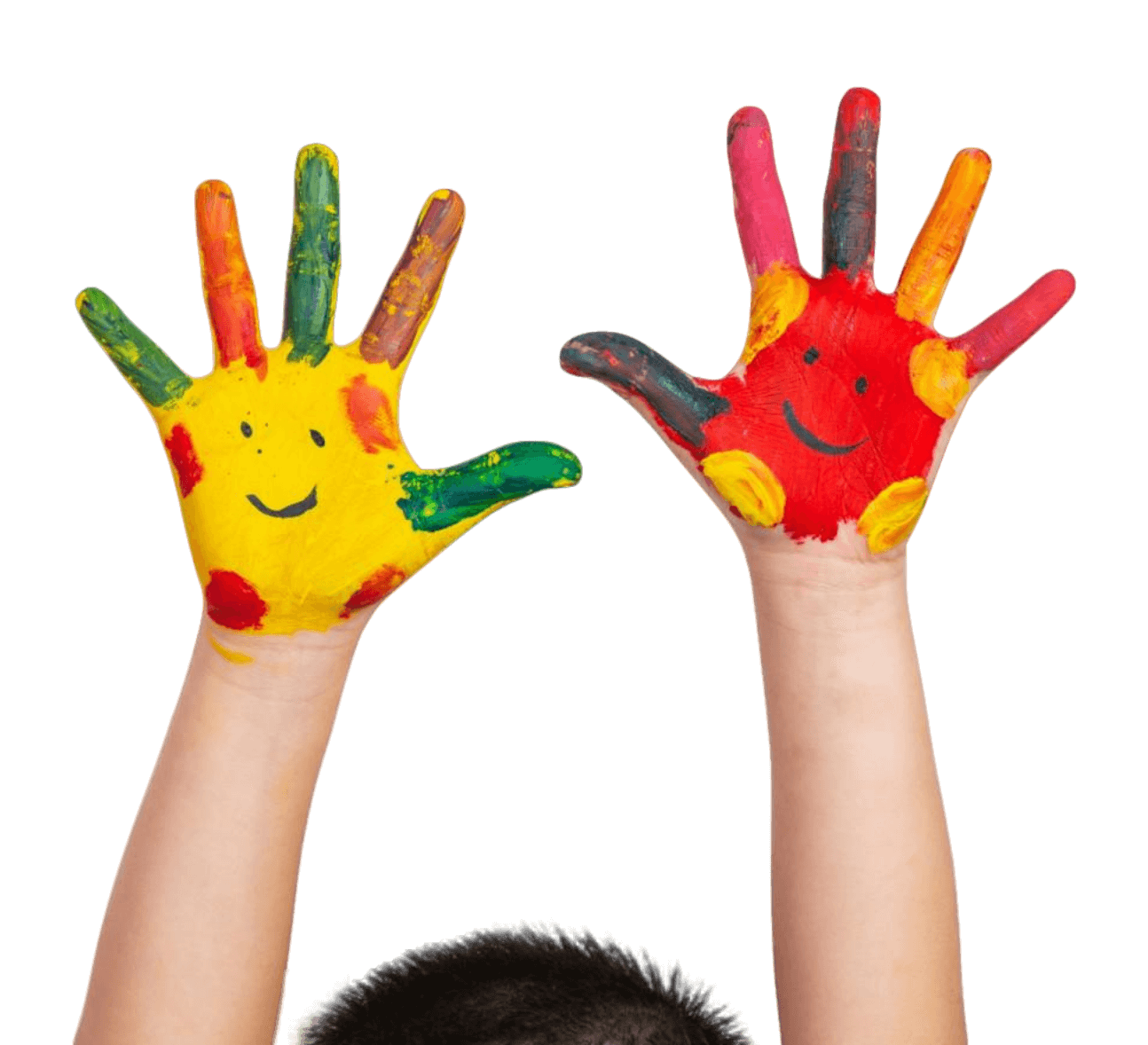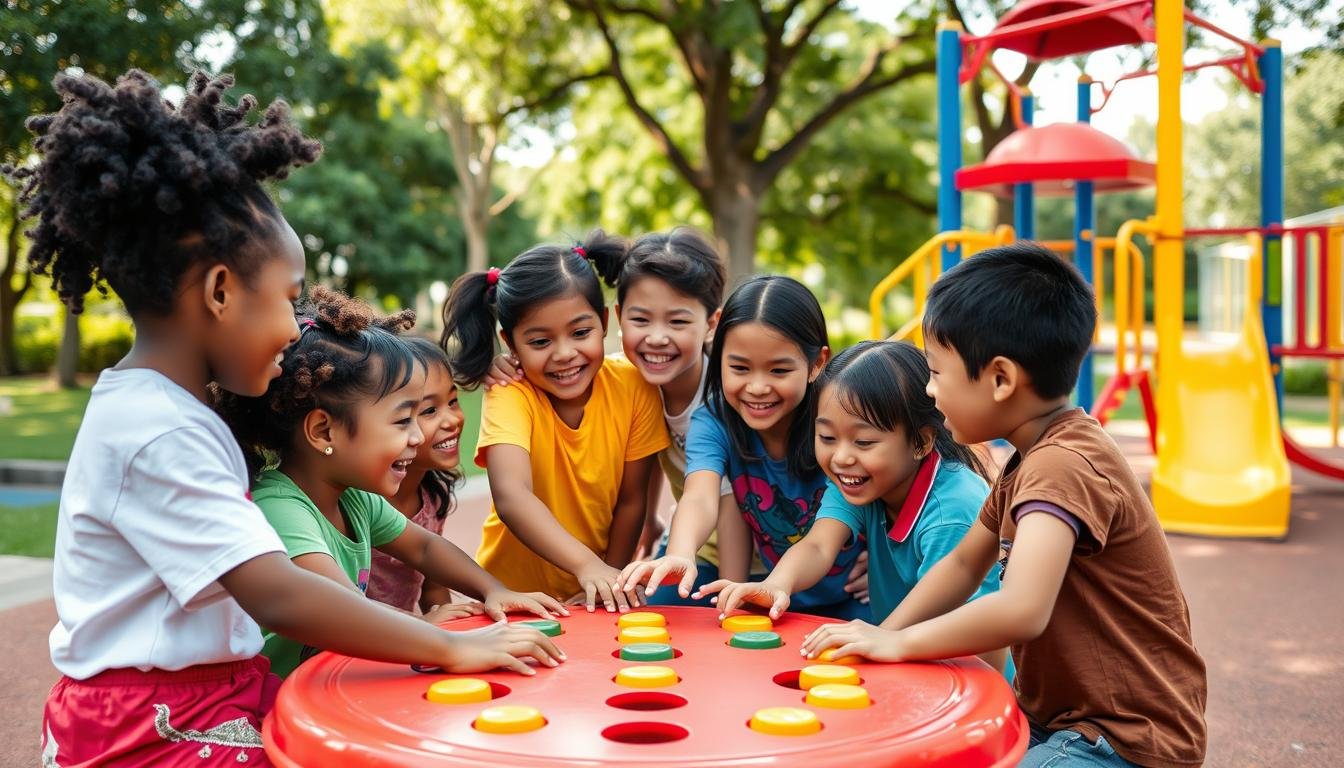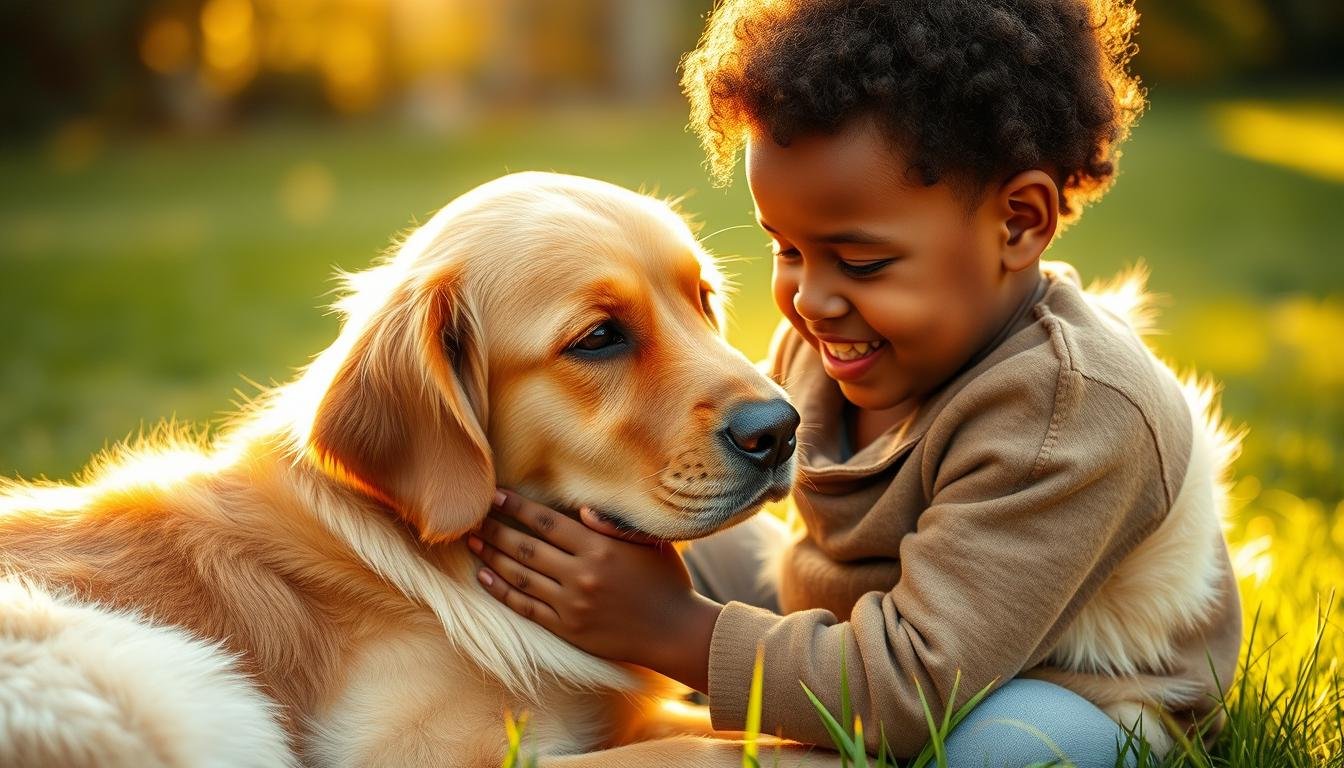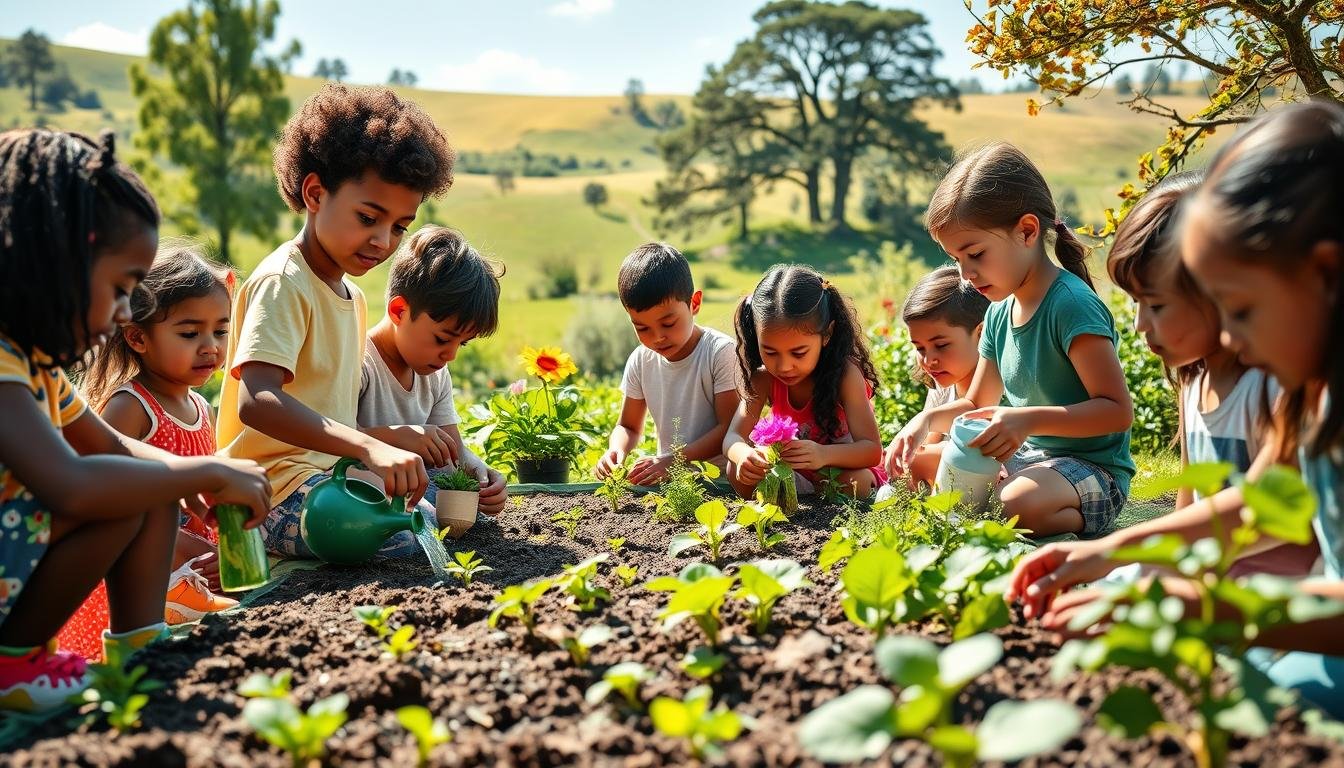Have you ever watched your child explore the world with curiosity? Wondering how to help them connect with others can be tough. As parents, we want them to feel included and valued in their communities. Using supportive social strategies can change their lives. Asking open-ended questions, for example, can boost their social skills. Every step we take, from supporting their interests to teaching empathy, helps them grow.
Let’s journey together, armed with advice from experts and other parents. We can create a space where our children thrive.
Follow Their Interests
Aligning activities with children’s interests is a great way to encourage socialization. It helps them feel confident and excited about what they’re doing. This naturally leads to making friends with others who share their passions. Activities like sports, music, or clubs are perfect. When kids enjoy what they’re doing, they’re more likely to talk and bond with others. This makes socializing less scary and brings them together with people who like the same things.
Making eye contact can make kids feel more at ease when talking to others. Joining in group activities, playing board games, or playing sports helps them get better at talking and understanding others. It’s also important to remember that kids are different, like some might prefer texting over talking face-to-face.
Supporting kids’ interests means more than just activities. It’s about making them feel heard and valued. Programs like those at Kids Miracle Steps are great. We offer special programs that meet each child’s needs, combining therapy and social activities for their growth. Good listening skills are also key. Encourage kids to ask questions and listen to what others say. This helps them make friends and do well in school and work later on.
Teaching kids to be patient and respect others’ space is also important. These lessons help them interact well with others. They’re crucial for positive relationships now and in the future.
- Sports: Joining sports teams helps engage kids in physically demanding yet fun activities, enhancing teamwork and communication skills.
- Music: Music classes provide a platform for creative expression, teamwork in orchestras or bands, and boosts confidence.
- Clubs: Participating in clubs centered around specific interests, such as chess or robotics, aligns with children’s intellectual pursuits, promoting active socialization in a focused environment.
Practice Role Playing
Role-playing is a great way for kids to improve their social skills. It lets them try out different ways to act and talk in different situations. This helps them learn how to behave and communicate in a safe space.
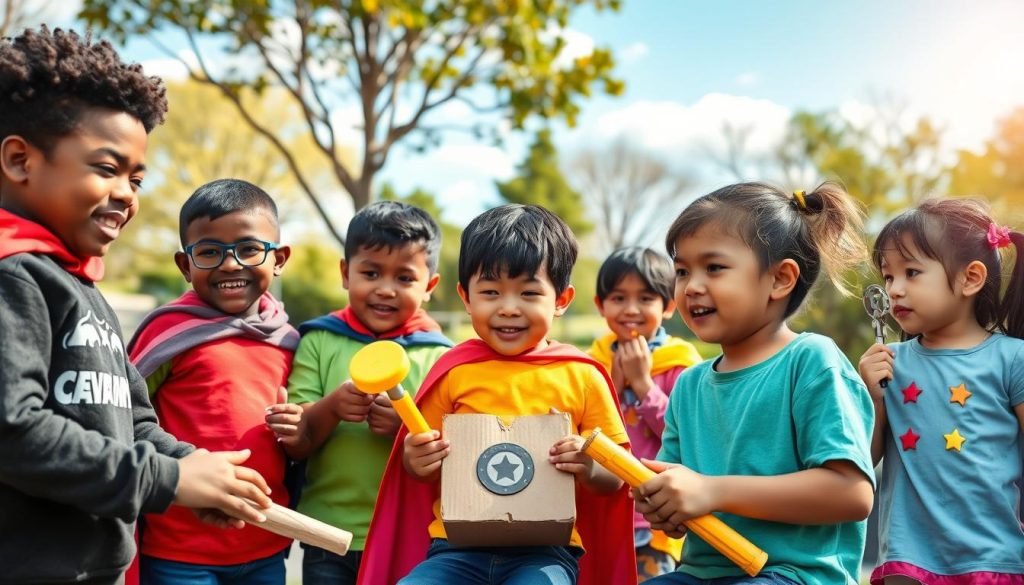
Since 2018, kids have shown more opposition and emotional issues. Over 80% of schools say kids are developing slower because of the pandemic. As such, role-plays are very vital as they help kids learn social skills in a controlled setting.
Games like rhythm games can make kids more willing to help others. Team sports teach them to work together and understand feelings. Gardening teaches them responsibility and care, which boosts their social skills.
| Activity | Benefit |
|---|---|
| Rhythm Games | Improves social behavior |
| Team Sports | Teaches collaboration and emotional understanding |
| Gardening | Enhances responsibility and nurturance |
Games like the token stack game help kids have better conversations. Role-playing is especially helpful for kids on the autism spectrum. Adding props and videos makes these sessions more engaging and effective. Role-playing helps kids feel more confident and ready for real-life social situations. Parents and teachers can help a lot by guiding them through role-plays. This way, kids can develop important social skills.
Teach Empathy and Active Listening
Teaching empathy and active listening is crucial for kids, especially those with special needs. By teaching empathy, we help them see things from other people’s viewpoints. This boosts their emotional smarts. We can teach empathy by talking about how others might feel or through role-playing, like running a lemonade stand.
Active listening is also key. It helps kids focus on the speaker and understand the message. They learn to respond thoughtfully, which builds stronger relationships. By listening well, they improve their speaking skills too.
Teaching patience and how to solve conflicts also helps kids grow socially. Puzzles or building models teach patience and focus. For solving conflicts, cooling down and using ‘I-Statements’ are helpful. These skills help kids deal with disagreements in a peaceful way.
Adding these practices to daily life helps kids succeed socially. For more ideas, check out this resource.
Establish Comfortable Social Settings
It’s important to make social settings comfortable for kids with unique needs. Some might feel overwhelmed by big groups, while others prefer smaller settings. It’s key to watch how your child reacts in different social situations and adjust accordingly. This helps them feel safe and valued, encouraging them to engage more and learn social skills.
Start by making a list of places where your child feels at ease:
- Small family gatherings
- Visits to familiar parks
- One-on-one playdates
- Structured playgroups or classes
These settings create a supportive space. Letting your child explore and interact in their comfort zone is crucial. For example, a nearly three-year-old starting preschool might find it tough at first. Respect their boundaries and slowly introduce new social situations to help them adjust.
Many families prefer in-home childcare, showing a desire for personalized care. They focus on communication and play to improve social skills, like pretend play. You can learn more about this in our guide on parenting children with special needs.
Here’s a comparison of various environments:
| Setting | Benefits | Challenges |
|---|---|---|
| Small Family Gatherings | Familiarity and support | Limited peer interaction |
| Parks and Outdoor Activities | Open space and physical activities | Potential overstimulation |
| One-on-One Playdates | Personalized interaction | Dependency on specific friends |
| Structured Playgroups | Diverse social skills practice | May require adjustment time |
Creating personalized social strategies helps respect children’s boundaries. It avoids pushing them too hard and lets them choose how to interact. Focusing on a few close friendships is more valuable than trying to be popular. Every child socializes differently. It’s our job to make safe spaces for them to grow at their own pace.
Conclusion
Helping kids with special needs through socialization is a journey that changes their lives. It builds their confidence and helps them connect with others. By focusing on their interests and teaching them to listen and empathize, we can improve their social skills. Every child is different, and patience is key. With consistent effort, we can see big changes in their social abilities.
Supporting a child’s friendships is crucial. It helps them make friends on their own terms. Quality friendships are more important than having many friends. By checking in on their social life and showing good social behavior ourselves, we help them grow. Getting help from teachers or mental health experts is also important.
At Kids Miracle Steps, we help kids with special needs improve their social skills. We offer services for kids with special needs and programs that meet each child’s needs. Explore our services and join our community to support your child’s social growth.
Together, we can make sure every child has a chance to thrive.

